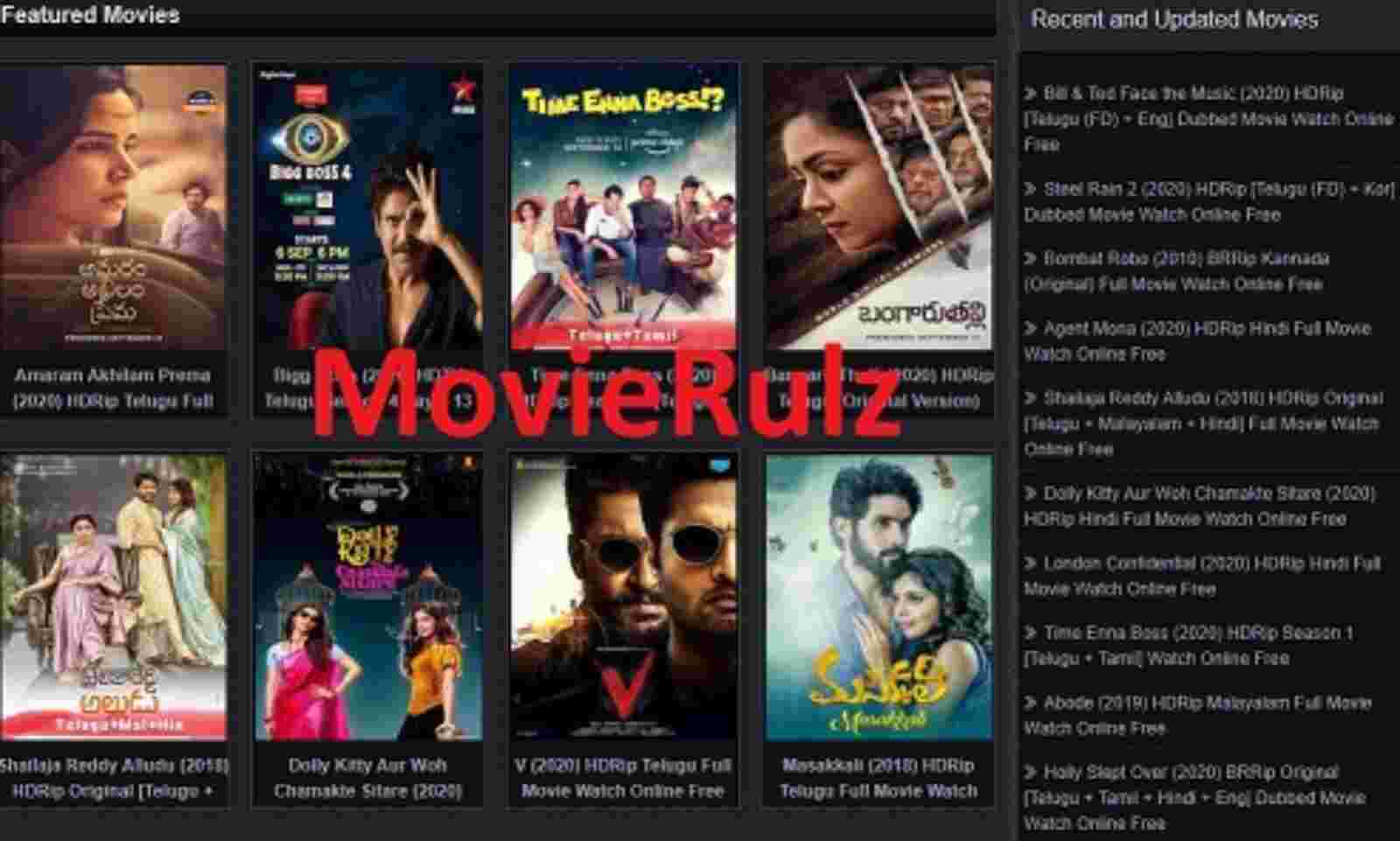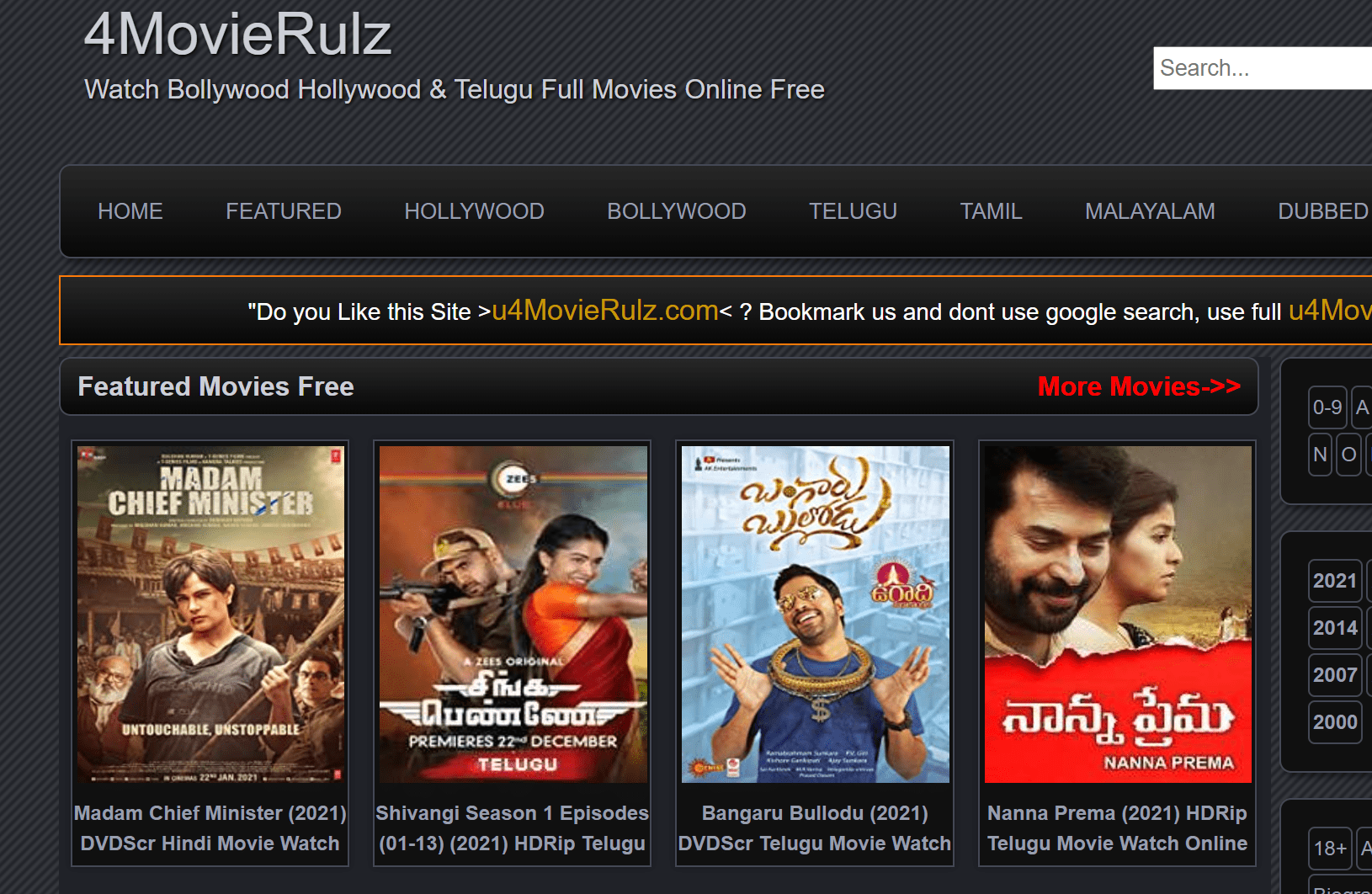Are we truly at the mercy of algorithms, or do we still possess the power to navigate the vast digital ocean? The persistent "We did not find results for:" message, a ubiquitous phrase in the age of search, underscores a fundamental truth: our information retrieval is not always as seamless or successful as we might believe.
The digital landscape, a swirling vortex of data, promises instant answers to any question. Yet, the frustratingly familiar echo of "Check spelling or type a new query" often greets our attempts to unearth information. This isn't merely a technological hiccup; it's a symptom of a deeper challenge: the evolving relationship between human intention and machine comprehension. Its a stark reminder that the very tools we rely upon to connect us, to inform us, and to empower us can, at times, leave us adrift in a sea of unanswered questions.
The problem isn't simply the limitations of search engines themselves. While algorithms are constantly refined, striving to anticipate our needs and decode our queries, there are inherent complexities. Misspellings, typos, and nuanced phrasing can throw off the most sophisticated systems. Furthermore, the digital world is dynamic, with information constantly added, updated, and sometimes, simply disappearing. The constant churn of the web makes it difficult to maintain a comprehensive and perfectly indexed database.
The phrase "We did not find results for:" highlights a crucial juncture in our interaction with technology. It forces us to confront the assumptions we bring to our searches, the implicit belief in a perfectly accessible digital world. It compels us to re-evaluate our information-seeking strategies. Perhaps, the prompt encourages us to rephrase our queries, to explore alternate keywords, or even, shockingly, to consult alternative sources outside the immediate digital sphere. The phrase is a challenge, a subtle nudge towards more critical thinking and more deliberate investigation.
It's also a reminder that the digital realm is not always complete. There are gaps, silences, and missing pieces. Some information may be obscured by paywalls, deliberately hidden, or simply not digitized. Moreover, the biases inherent in the algorithms themselves can shape the results we receive, potentially leading to incomplete or skewed perspectives. The phrase, therefore, serves as a reminder that a comprehensive understanding requires more than just a click.
Let's consider the implications of this ubiquitous failure message. Its recurrence suggests a need for better search strategies. A common pitfall is the reliance on overly specific or obscure phrasing. The search engines do a pretty good job of understanding "What is the capital of France?", but stumble when presented with queries like "Where to find the best artisanal croissants in the Marais district, Paris, on a Tuesday morning?" The more complex the request, the greater the chance of "We did not find results."
Another factor to consider is the ever-evolving nature of information. Websites disappear, links break, and content gets updated. Therefore, the information ecosystem is, in some ways, inherently fragile. A search that produced many results yesterday may yield nothing today. This means we cannot rely on the internet as a repository of eternally stable knowledge. There's a need for regular checking and, sometimes, going back to square one.
The "Check spelling or type a new query" message often reveals the inherent limitations of a system attempting to understand the nuances of human language. Although natural language processing has advanced tremendously, it still sometimes fails when faced with unusual wordings, local slang, or specialized terminology. A misspelled word, even a minor one, can throw off an entire search. Thus, proper spelling remains crucial, even in this era of sophisticated search engines.
The phrase also directs attention to the significance of context. The same query may yield dramatically different results depending on the search engine used, the search terms employed, and the location from which the search is initiated. Search engine optimization, or SEO, plays a huge role, meaning websites often optimize their content to rank high in specific search results, irrespective of the actual quality of the information. This can mean search results are skewed.
Moreover, the very design of search engines can shape our perspectives. Algorithms determine the order in which results appear, and the first few results often receive the most attention. This creates a form of algorithmic bias, where the search engine effectively prioritizes some sources over others. This bias can inadvertently skew our understanding of a topic, and influence our decision-making processes.
Beyond the technical challenges, the phrase also hints at the complexities of human intention. When we seek information, we often have a specific goal in mind. However, the search terms we use dont always accurately capture the essence of our query. We may be looking for a particular perspective, a specific solution, or a complete understanding, but our search terms may be too narrow, too broad, or simply inaccurate. The result? An empty search results page.
In the face of such challenges, what can we do? First and foremost, we can refine our search techniques. It means becoming more strategic in the way we phrase our queries. Instead of relying on vague keywords, we can use more precise terminology, employ Boolean operators like "AND," "OR," and "NOT" to refine our searches, and experiment with different search engines to see what yields the best results.
Another option is to be more skeptical about the information we find. The mere appearance of a piece of information in a search result does not automatically mean it is reliable. Checking sources, verifying facts, and considering the potential biases of the information provider are essential steps. It is important to assess the credibility of a website, the author, and the supporting evidence, to ensure that the information is sound and trustworthy.
Furthermore, we can explore alternative information sources. Sometimes, the best information is not found on the first page of search results. We can consult academic journals, government websites, and reputable news outlets. We can also look to expert opinions and ask questions directly. By diversifying our information gathering, we can reduce the risk of encountering inaccurate or incomplete information.
The message, "We did not find results for:" can also be viewed as an opportunity. It forces us to become better researchers, more critical thinkers, and more discerning consumers of information. It challenges us to move beyond the superficiality of a quick search and to engage in a more thorough and thoughtful examination of the world around us.
Ultimately, the failure of search engines to provide immediate answers reminds us of the value of human knowledge and critical thinking. It highlights the limitations of artificial intelligence and the importance of exercising our own judgment. It is a call to action. We must be proactive and tenacious in our pursuit of information, ready to go beyond the limitations of technology and to cultivate a more nuanced and informed understanding of the world.
The phrase, then, is more than just a minor annoyance. It's a window into the complicated intersection of technology, information, and human understanding. It reveals the challenges inherent in navigating the digital world and suggests the importance of refining our skills and cultivating a more skeptical and thoughtful approach to information retrieval. It is a message, a reminder of the need to be better informed, more thoughtful, and more actively engaged in the ever-evolving digital landscape.
The message We did not find results for: encourages us to be more adaptable in our quest for knowledge. Digital information is dynamic. A specific piece of data might not be easily accessible at a particular moment. This forces a person to be resourceful. This might mean trying different keywords, changing the wording of the query, or exploring additional sources. The ability to adjust to the changing nature of online data is fundamental.
The message also exposes the limits of digital access. Much of the world's data is not digitized. Some knowledge is confined to traditional archives, physical libraries, and expert human minds. This encourages users to consider non-digital sources of information. It reminds that knowledge exists far beyond the immediate search bar. Theres an entire world of academic papers, books, and conversations to explore.
Consider the rise of misinformation. The phrase We did not find results for: can be particularly meaningful in the fight against misinformation. Incorrect or malicious information can sometimes be extremely difficult to detect using general search methods. Critical thinking and careful verification of information become more critical. The lack of immediate results might be a warning sign, prompting a user to delve deeper and question the sources of information.
The message prompts us to ask fundamental questions about how we search and how information is structured. How do search engines work? What are the biases inherent in their systems? What strategies can be employed to get the most out of the technology? These fundamental inquiries are important for anyone who wants to function effectively in the digital age.


